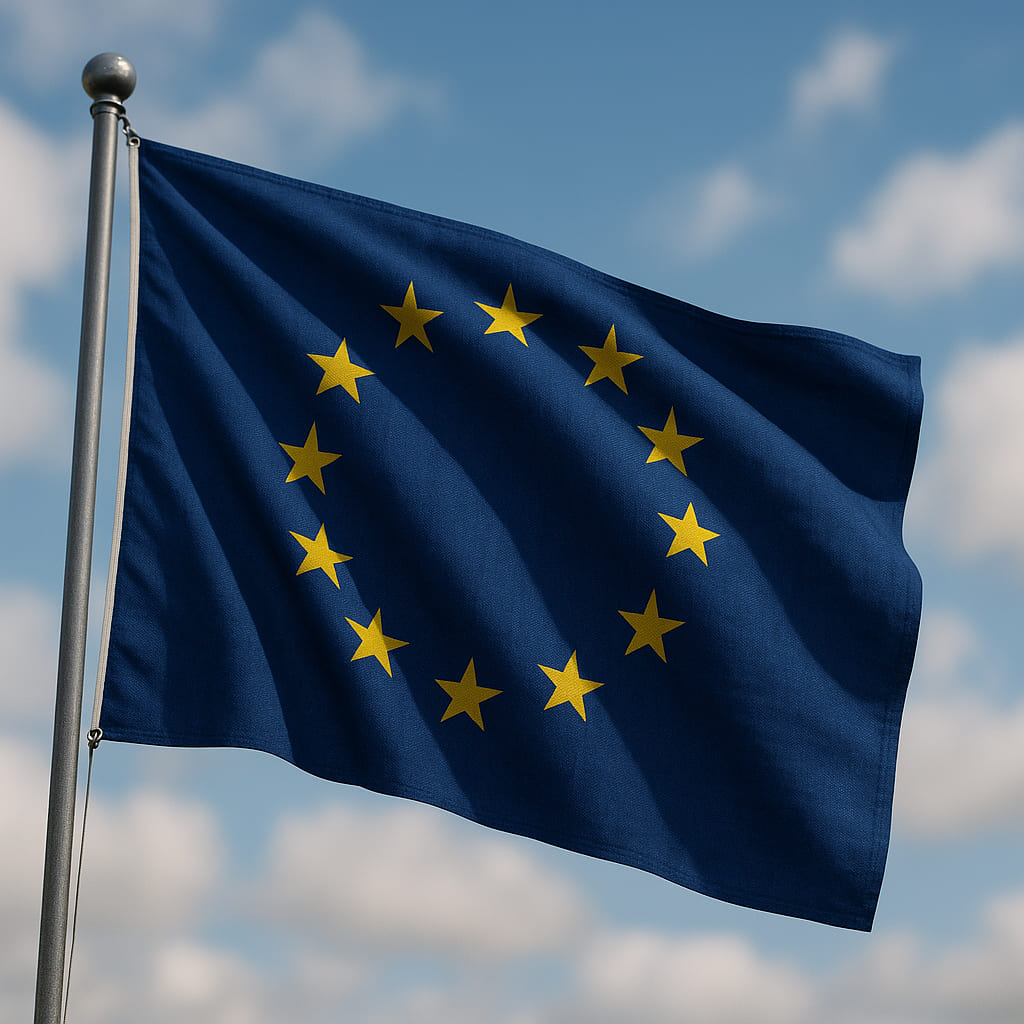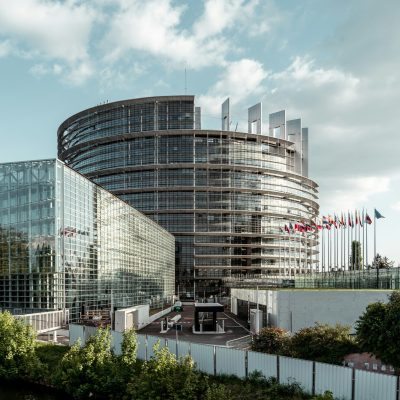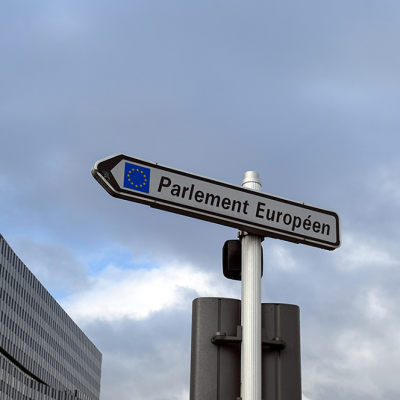Is Politisation Good or Bad for the Union?

There are some debates whose degree of maturity is inversely proportional to their importance for the future of European integration. The debate on the “politicisation” of the Union is one of these. Concerned by the expanding gulf between citizens and elites in relation to the integration project, some maintain that the functioning of EU institutions must necessarily become politicised; they advocate a gradual opening of European political debates to partisan competition along traditional left-right lines and the application of the majority principle in the decision-making process. On the other hand, many see this approach as a hasty transposition of the nation-state model of democratic functioning, which does not take sufficient account of the specificities of the EU’s political system and could bring with it a number of dangers whose consequences might well undermine any intended democratic effects.
To date, these opposing points of view have surfaced primarily in the academic sphere, without really being taken up by those with a practical engagement in the issues. Notre Europe has therefore sought to contribute to the debate by linking scientific study with practice. Starting with an open exchange between two well-known academics, Simon Hix and Stefano Bartolini , we then asked others with either an academic or a practical involvement to respond to what these two had to say. All the contributors came together for a seminar on 4 May 2006, held in partnership with the Institute of European Studies at the Free University, Brussels .
The ideas generated by the resulting exchanges greatly exceeded our hopes. Underlying what might appear as a debate on institutional practices lurk fundamental issues relating to the nature of the European Union and the future of its political integration. Is politicisation good or bad for the EU? The article below attempts to start answering this question by providing an initial synthesis of the debates as they took shape through direct exchanges (initially written, then spoken during the seminar of 4 May) between Hix and Bartolini, enriched with remarks (again written and spoken) from Professors Paul Magnette and Jean-Louis Quermonne, Philippe de Schoutheete, former Belgian Ambassador to the European Union, and French MEP Jean-Louis Bourlanges . This synthesis is not neutral; its preliminary conclusions draw on the more general line of thought pursued by Notre Europe on the EU’s political future. However many points are worth developing at greater length and the aim of this synthesis is also to identify lines of research that merit further work.




